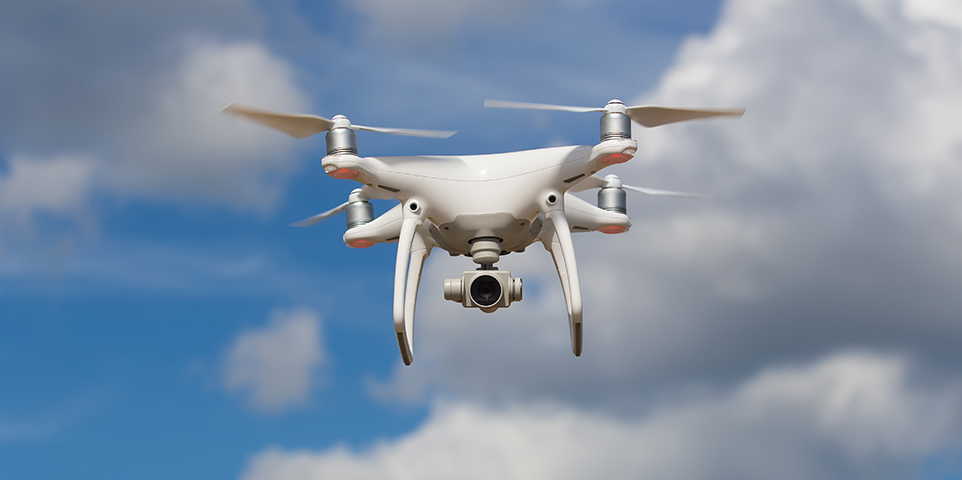Drones have become increasingly popular for recreational use, aerial photography, and even commercial applications. But with this growing popularity comes the need for responsible operation and proper insurance coverage. This guide explores why drone insurance is important, what it typically covers, and the factors to consider when choosing a policy.
Why is Drone Insurance Important?
Drones, despite their size, can pose significant risks if not operated safely. Here’s why drone insurance is crucial:
- Potential for Property Damage: A drone malfunction or pilot error could result in damage to someone’s property, car, or even a building. Drone insurance can help cover the costs of repairs or replacements in such situations.
- Third-Party Liability: If your drone injures someone or causes an accident, you could be held liable for significant medical expenses or damages. Drone insurance can provide third-party liability coverage to protect you from financial repercussions.
- Regulatory Requirements: In many countries, including India, drone regulations mandate third-party liability insurance for drones exceeding a specific weight limit. Owning a drone without proper insurance can lead to fines or penalties.
What Does Drone Insurance Typically Cover?
Drone insurance policies can vary depending on the provider and the specific plan you choose. However, some common coverage areas include:
- Third-Party Liability: This covers bodily injury and property damage caused by your drone to others. The coverage limits will vary depending on the policy.
- Physical Damage: This covers damage to your drone itself in case of a crash, fire, theft, or other covered perils.
- Product Liability: This applies more to commercial drone operators and covers situations where a malfunctioning drone causes injuries or property damage due to a product defect.
Factors to Consider When Choosing Drone Insurance
When selecting a drone insurance policy, here are some key factors to keep in mind:
- Coverage Limits: Ensure the policy offers adequate third-party liability coverage limits to protect you financially in case of an accident.
- Drone Type and Usage: Consider the specific type and intended use of your drone. Recreational and commercial applications might require different coverage options.
- Deductible: A higher deductible will lower your premium, but you’ll be responsible for a larger amount out of pocket if you need to make a claim.
- Exclusions: Carefully review the policy exclusions to understand what situations might not be covered.
Additional Considerations
- Registration Requirements: In some countries, drone registration with aviation authorities might be mandatory. Having proper registration can be a prerequisite for obtaining drone insurance.
- Pilot Licensing: For commercial drone operations, pilot licensing from relevant authorities might be required. Insurance companies might have specific requirements for licensed pilots.
Fly Responsibly, Fly Insured
By understanding the importance of drone insurance, the typical coverages offered, and the factors to consider when choosing a policy, you can make informed decisions. Responsible drone operation coupled with proper insurance coverage ensures you can enjoy the skies with confidence, knowing you’re financially protected in case of unforeseen circumstances.
